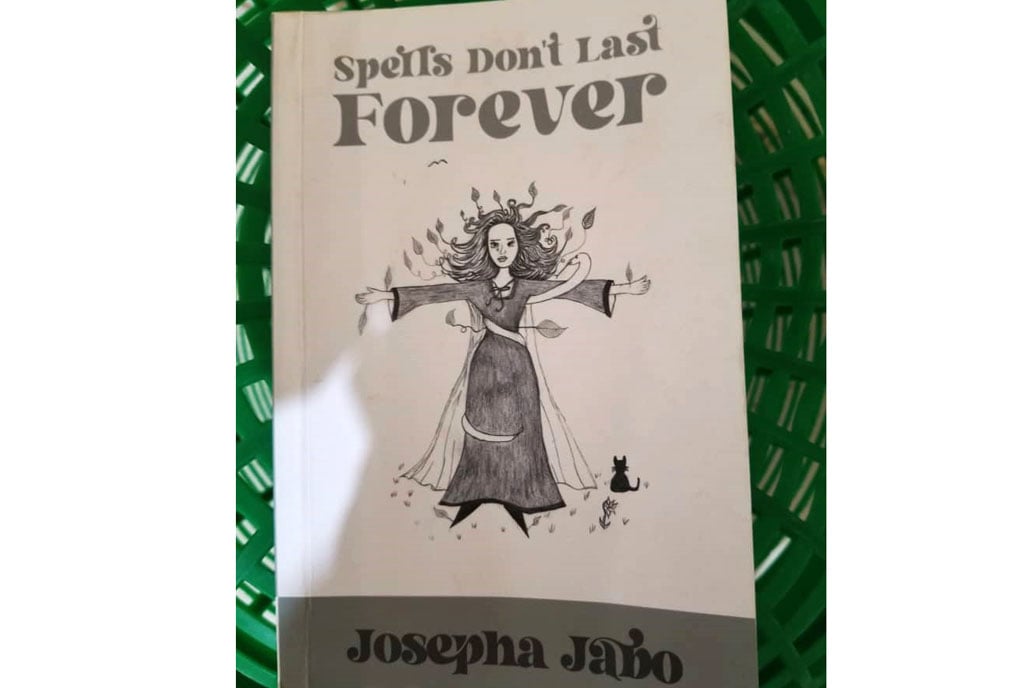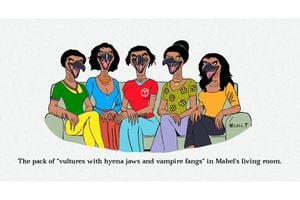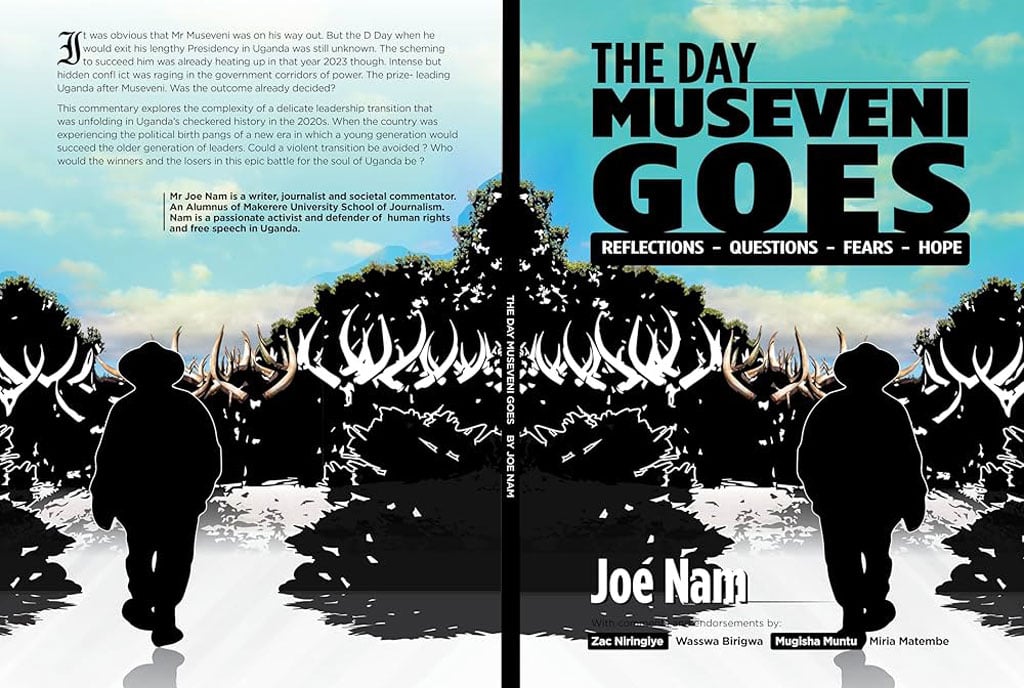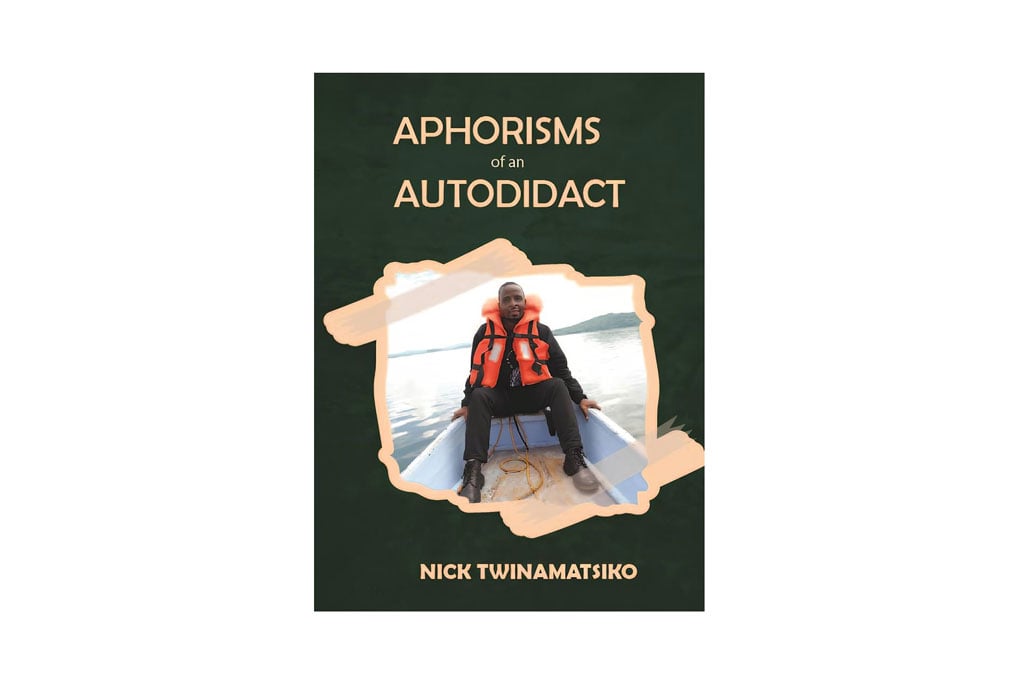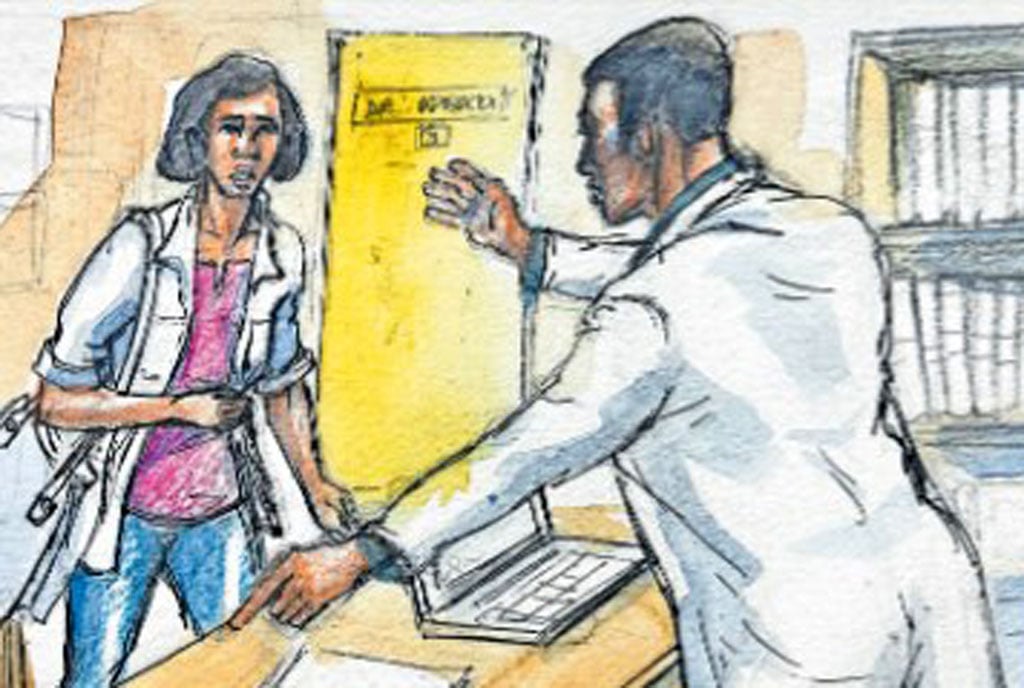
The author of this poetry collection wastes little time in revealing unto you, the reader, what reflections this book holds.
“…poets are ghost writers, blank pages,” he begins. “Who then is the author?”
It is a fitting question. If the pages are blank before they are written upon, they can be anything that the words spilled on them determine them to be. They can be whimsical, philosophical and political, to name but three possibilities. So one may ask, do the words determine the authorship by serving as vessels to infinite possibilities? If they do, are the words able to exist independently of the author? If so, who then is the author?
This collection is divided into little chapbooks, 10 in number; organised as a biographical train of thought. It covers conflicts of existence and generational relationships, rural life mores and peri urban struggles. Through omniscient, male, female, old, young, human flora and fauna personae, the collection critiques our acceptance of African social and political life.
In the section, The Deep End, we find ourselves confronted by the author’s searing poeticisms as he asks us questions that may not be readily answered. While he expounds on notions and sentiments that some of us may not be ready for. Take a sneak peek at his rather unsettling poem, The Kiss Of Death:
“I will kiss you my darling,
With the venomous hiss of my undying nerve.
I will paint you my darling
With the forked brush of my unrelenting love.
I will kiss you my darling,
Not like I kiss my babies to sleep.
I will prick you my darling.
Not like I tickle my doves to dance.”
If those words shocked you with their moral forthrightness, you need to read the rest of the poem. It continues in much the same vein, but crescendos with what bubbles under the surfaces in the two stanzas above.
Here, passion is a self-consuming fire that expends itself with its own intensity. Besides, what is passion if it is not perilous?
The 19th century British Romantic poet and satirist Lord Byron, real name and title were George Gordon Byron, 6th Baron Byron, saw his poetry and personality capture the imagination of Europe.
His passion led to his early death at 36, like Che Guevara and Princess Diana. Byron died in what is now Greece, where he had traveled to support the Greek struggle for independence from Turkey. His passion was his undoing, but it was also what made him so great. This implies that the kiss of death (our passions) is our lease on life.
In the section “Adulting”, we see the titular noun take on literary imperatives in the shape of philosophical musings in the poem, There’s The Door:
‘Fight or flight
Is there such a thing
As a lesser evil?
Those first two lines of the first stanza of this poem are about you and I. Yes, we are alive. But do we have the courage to truly feel alive? That question, Dear Watson, is for you to ponder.
